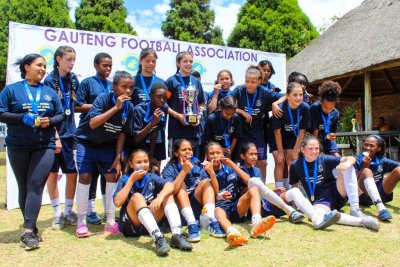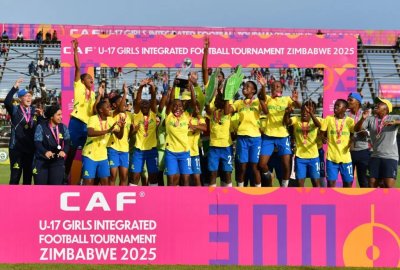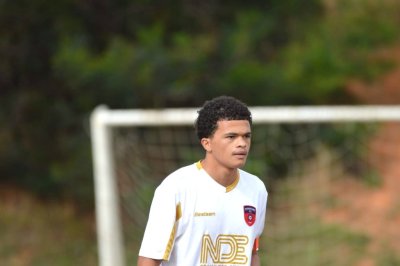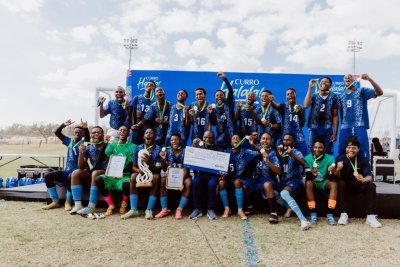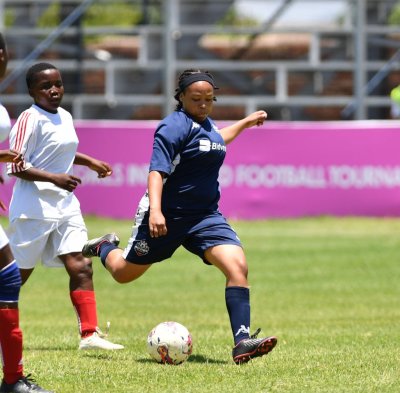Abantwana fail to qualify for the 2024 u17 FIFA Women’s World Cup

South Africa will, once again, miss out on the World Cup experience after the u17 women’s national team “Abantwana‘ bowed out of the 2024 u17 Women’s World Cup Qualifiers, with Ethiopia progressing at their expense to the next qualifying round.
On home soil, Abantwana failed to overturn Ethiopia’s 3-0 aggregate advantage from the first leg.
Goals from Manayush Tesfaye and a brace from Hiddat Kassu in Addis Ababa on 4 February put Ethiopia in the driving seat ahead of the second leg clash on 10 February at the Lucas Moripe Stadium. With that massive advantage, they could tailor-make their approach to ensure they would advance.
Heading into the second leg qualifier, Abantwana had a mountain to climb, even with the home-ground advantage.
Ethiopia had a good game plan lined up and they kept matters tight to prevent Abantwana scoring. After a 0-0 draw, they were on to the next round, and South Africa’s wait for their next opportunity to qualify for the u17 showpiece, which takes place in 2026, had begun.
After the game, the stand-in coach for Abantwana, Nthabeleng Modiko, told Safa.net that her charges had given it their all, but they had failed to convert the chances they created.
“I must admit we played much better today, as we penetrated Ethiopia, but we failed to score, and that’s the only way to win a match.
“Our defence was very solid, and this was a great display of football,” she added.
The qualifying setback comes after the South African u20 Women’s National Team, “Basetsana” crashed out in qualifying for the 2024 Fifa u20 Women’s World Cup, going down to Burundi in October on the away goals rule.
They had the advantage of playing both the first leg and the second leg at the Lucas Moripe Stadium, but they failed to make that advantage count.
The first leg ended in a 0-0 draw, while, after an intense game, the second match ended level at 2-all.
Fans were disappointed with those results, and they shared their frustrations on social media, raising concerns about the progress of South Africa’s national development teams.



